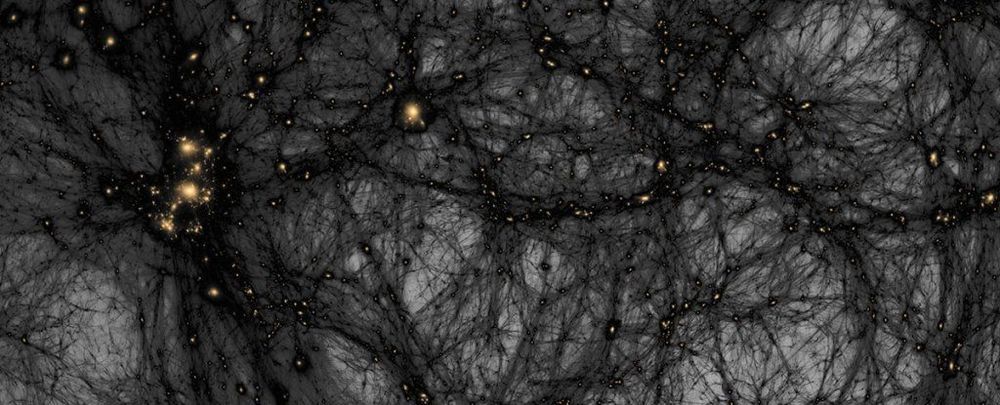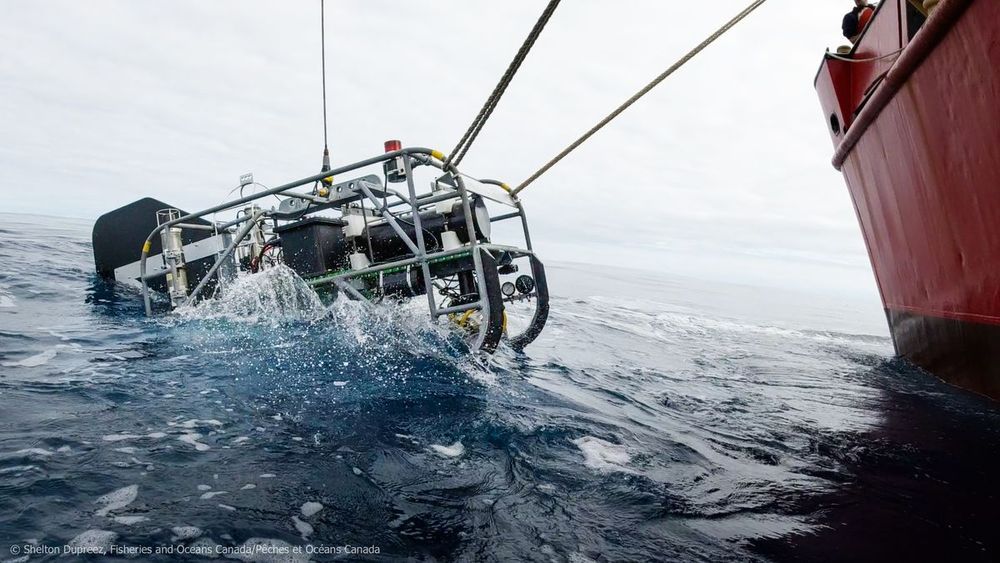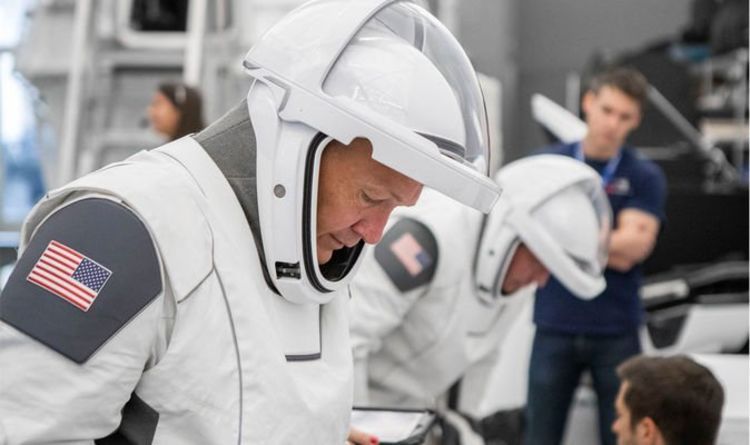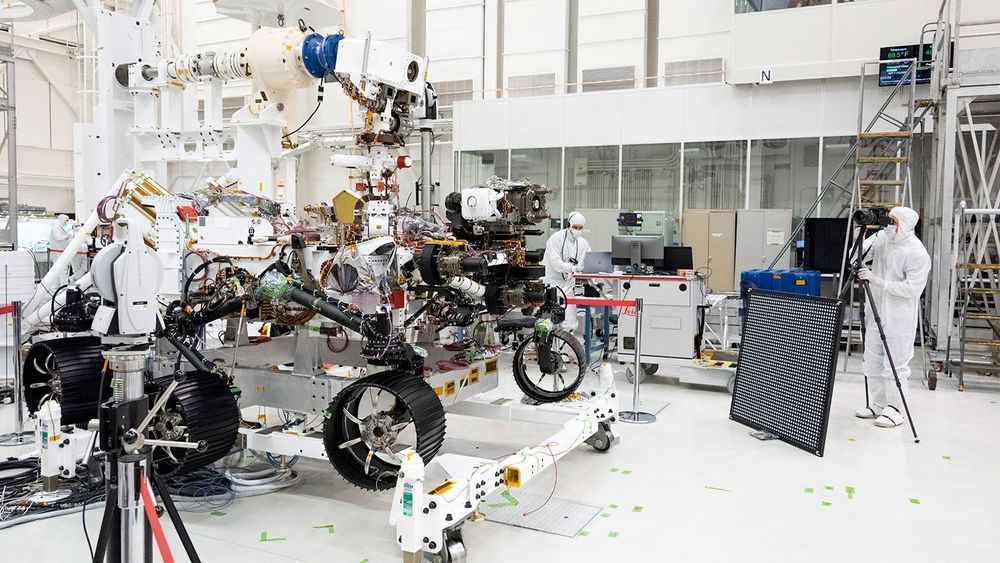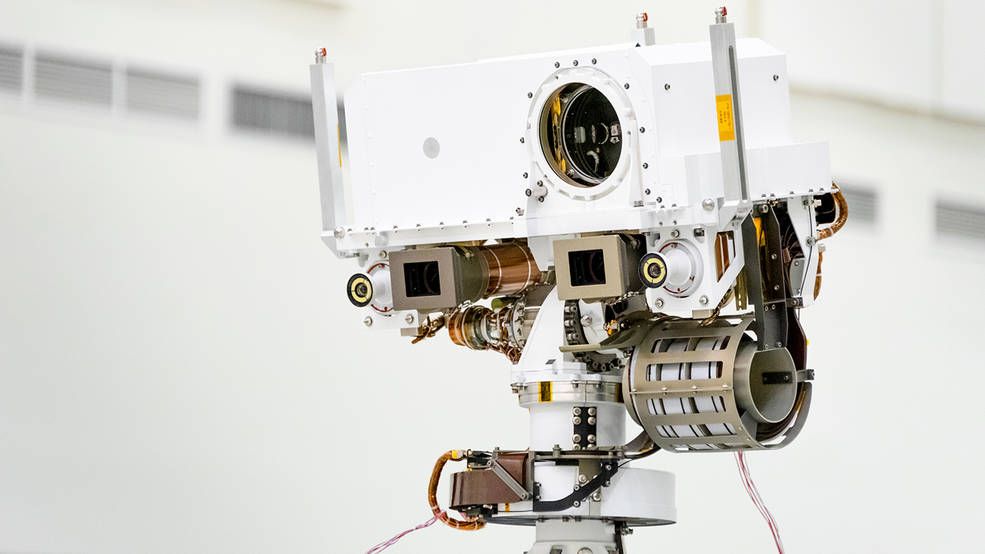Dark matter might well be the biggest mystery in the Universe. We know there’s something out there making things move faster than they should. But we don’t know what it is, and we sure as heck don’t know where it came from.
According to a new paper, the origins of dark matter may be more peculiar than we know. Perhaps, they were particles that appeared in a very brief period of time, just fractions of fractions of a second, before the Big Bang.
This doesn’t just suggest a new connection between particle physics and astronomy; if this hypothesis holds, it could indicate a new way to search for the mysterious stuff.
